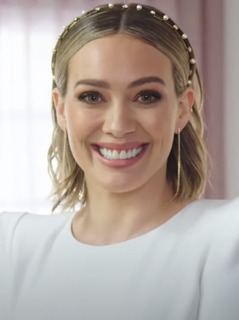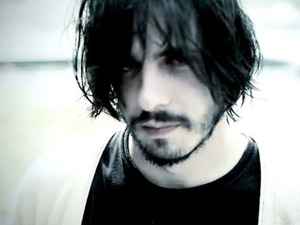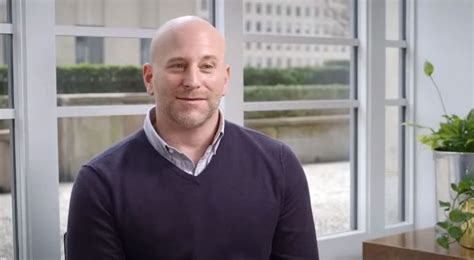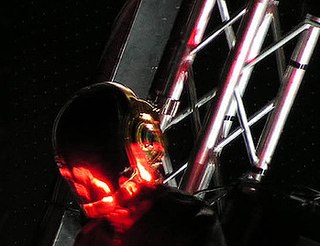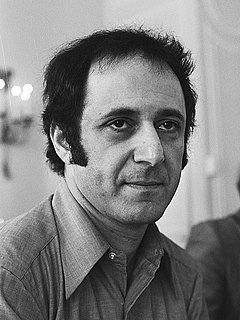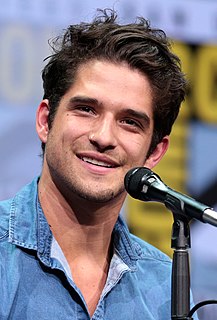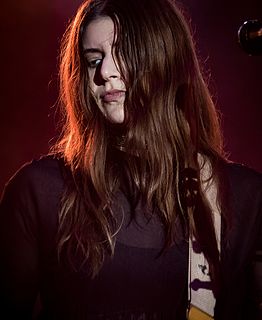A Quote by Esa-Pekka Salonen
Of course performing talent, that's clear. Maybe this is not so well-known among young people who are interested in music, who are talented in music, but they're trying to figure out how to go about it.
Related Quotes
Obviously I want my music on the radio and I want my record to do well, but I also have a totally different career, so a lot of people who are in music are just in music and can dedicate all their time to that and I can't do that, so I really want to have both things and I'm just trying to figure out how.
The stress that we [with Abilities] always feel is trying to continue advancing with our music. That's our plight, it's ingrained in our personalities. We feel like we're trying to race the world of music itself - just trying to create the best music, and as soon as we get done with one piece we're trying to figure out how to top it.
Some people seem to have extreme natural wiring - a talent that seems to come out of nowhere. Like a music savant or prodigy. The uplifting news, though, is that many talented people don't have such natural wiring - but they forge a talent through thousands of hours of what's known as deliberate practice or deliberate performance.
I feel like I've been doing performing my entire life. I started taking music lessons and singing when I was about ten. I didn't have one of those creepy stage moms that made me do stuff. I started bands at a pretty young age and played with my friends back in Detroit. I've always known that I wanted to do this. It was all I was ever interested in doing. I never had, outside of music, any extracurricular activities that I took part in.
For whatever reason, the success still blows my mind - that I'm able to talk to people about the music I've written. I always felt like there was something there because you don't put out music unless you have a sense that people will maybe like what you're doing or you're standing for something artistically. I don't mess with that. It's more about just music and trying to keep the integrity, I guess.
It's true that when I was younger and I first got interested in music, I used to read books about the Stones and the Beatles and how they listened to Muddy Waters and people like that when they were starting out, who are much less well known now than the Rolling Stones. The Stones really changed blues.
Most of the artists were trying to make a living, trying to get laid, trying to figure out who they were. They weren't trying to change the world. That's what other people put on them. I knew all those people. I knew them all, intimately and well. Bob Dylan. I would say that Bob Dylan is as interested in money as any person I've known in my life. That's just the truth.
You figure out how to create opportunities to make music, and then, if you take care of the music, audiences will come around. They also might leave. What matters is the moment: the moment of making music, with and for and among others, and what that offers to those people in that moment. They might never see me again; they might never learn my name. But it might still be something they carry with them.
I don't care how much people understand what it is that I'm doing, except if they're players in my ensemble or other ensembles. I just want people to be moved by the music. If you're not moved by the music, then everything else falls away. You're not interested in the text, you're not interested in how it was done, and you're not interested in interviewing the composer and all the rest of it.
I've become this voice for a millennial generation of feminism, which is awesome, but at the same time it's complicated. We all know I'm a girl, I'm a woman, but it's difficult to figure out how to talk about it and express how important it is without beating it with a hammer and having it be, "So you're a girl in music! So you're a girl in music!" Yes, I'm a girl in music - can we just talk about something else?
The average age of the Jazz audience is increasing rapidly. Rapidly enough to suggest that there is no replacement among young people. Young people aren't starting to listen to Jazz and carrying it along in their lives with them. Jazz is becoming more like Classical music in terms of its relationship to the audience. And just a Classical music is grappling with the problem of audience development, so is Jazz grappling with this problem. I believe, deeply that Jazz is still a very vital music that has much to say to ordinary people. But it has to be systematic about getting out the message.

